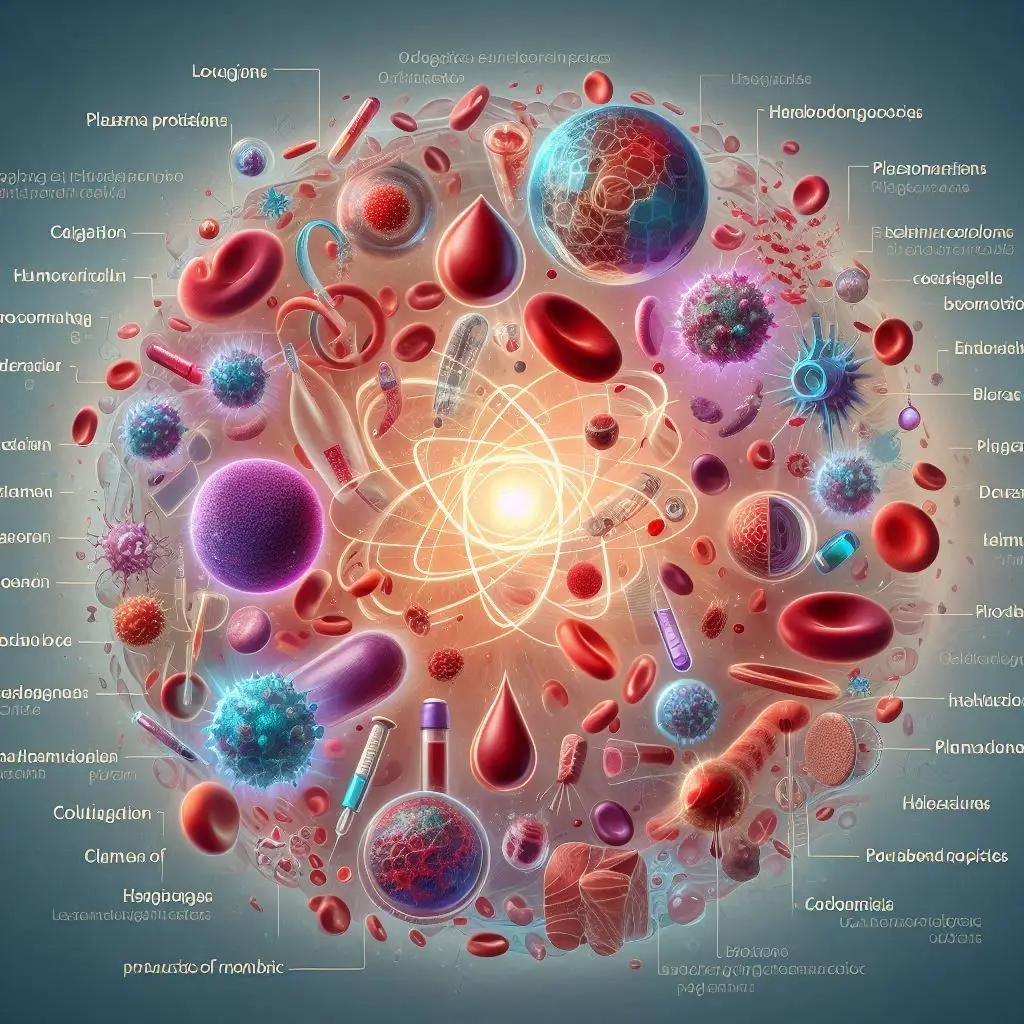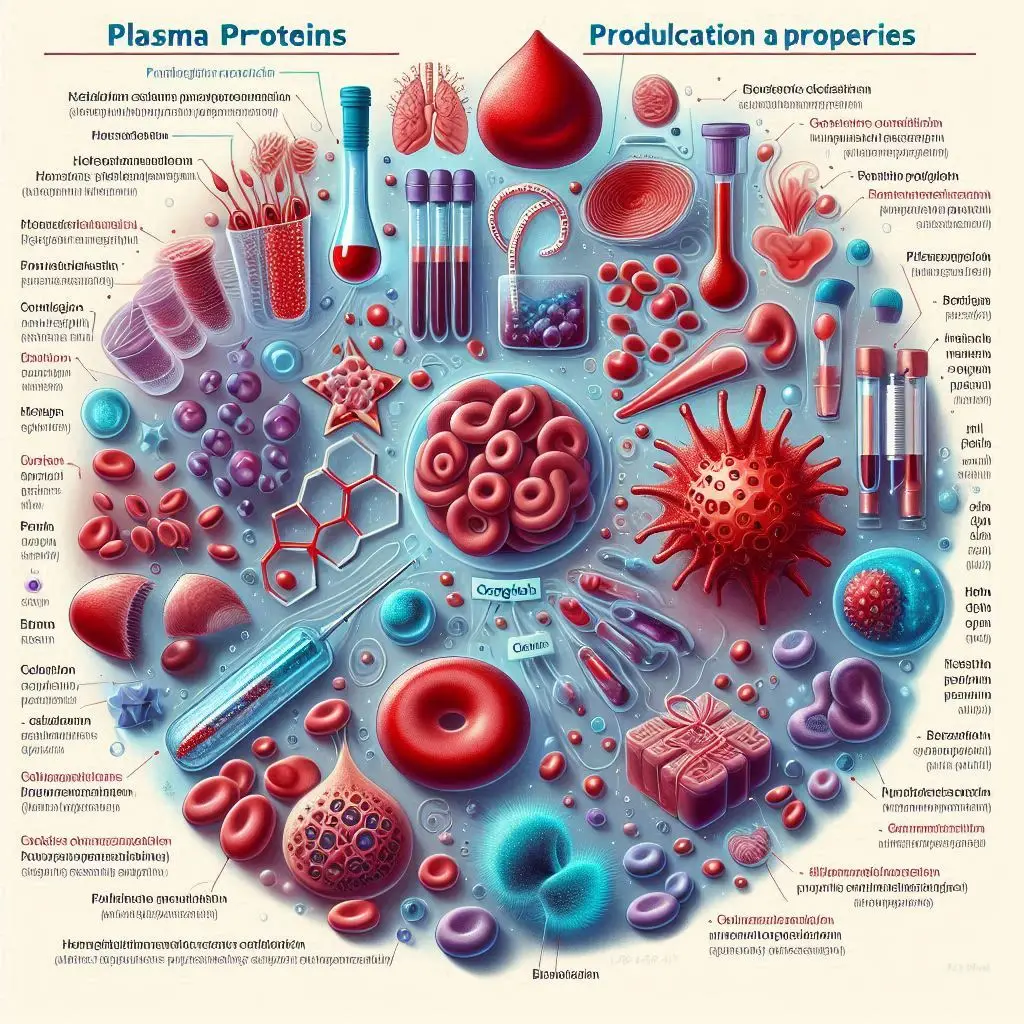Lymphoid Lineage: A Comprehensive Guide

What is Lymphoid Lineage?
Lymphoid lineage refers to a specific category of blood cells that arise from hematopoietic stem cells (HSCs). These stem cells are responsible for producing all types of blood cells through a process called hematopoiesis. In the lymphoid lineage, we primarily focus on three main types of immune cells:
- T Cells: Essential for cell-mediated immunity.
- B Cells: Critical for antibody production.
- Natural Killer (NK) Cells: Important for innate immune responses.
The Role of Hematopoietic Stem Cells
Hematopoietic stem cells reside mainly in the bone marrow. They have the unique ability to differentiate into various blood cell types. This differentiation begins with the formation of common lymphoid progenitors (CLPs) and common myeloid progenitors (CMPs). CLPs specifically give rise to lymphocytes without significant myeloid potential.
Differentiation Process
The differentiation of HSCs into lymphoid lineage cells involves several steps:
- Hematopoietic Stem Cell Activation: HSCs respond to various signals in their environment.
- Formation of Progenitor Cells: HSCs differentiate into CLPs.
- Lymphocyte Development: CLPs further mature into T cells, B cells, or NK cells.
This process is tightly regulated by various factors, including cytokines and transcription factors.
Types of Lymphoid Cells
T Cells
T cells are vital for adaptive immunity. They can be further categorized into several subtypes:
- Cytotoxic T Cells (CD8+ T Cells): These cells kill infected or cancerous cells directly.
- Helper T Cells (CD4+ T Cells): They assist other immune cells by releasing cytokines.
- Regulatory T Cells (Tregs): These help maintain immune tolerance and prevent autoimmune diseases.
B Cells
B cells are responsible for producing antibodies. They also have subtypes:
- Naïve B Cells: These have not yet encountered their specific antigen.
- Plasma Cells: These are activated B cells that produce large amounts of antibodies.
- Memory B Cells: These persist long-term after an infection has been cleared, providing faster responses upon re-exposure to the same pathogen.
Natural Killer Cells
NK cells are part of the innate immune system. They play a crucial role in identifying and destroying infected or malignant cells. Their activity is regulated by a balance between activating and inhibitory signals received from target cells.
The Importance of Lymphoid Lineage in Health
Understanding lymphoid lineage is vital for several reasons:
- Immune Response: Proper functioning of T and B cells is essential for effective immune responses against pathogens.
- Vaccination: Vaccines work by stimulating B cell memory, leading to long-lasting immunity.
- Cancer Immunotherapy: Manipulating T cell responses can enhance the body’s ability to fight tumors.
The Impact of Dysregulation
When the lymphoid lineage is disrupted, it can lead to various health issues:
- Autoimmune Diseases: Dysregulated T cell responses can result in autoimmune conditions where the body attacks its own tissues.
- Immunodeficiency Disorders: Insufficient B or T cell production can lead to increased susceptibility to infections.
- Lymphomas and Leukemias: Abnormal proliferation of lymphocytes can lead to cancers such as lymphoma or leukemia.
Research Advances in Lymphoid Lineage
Recent studies have shed light on the complexities of lymphoid lineage commitment. Researchers have identified specific markers that help distinguish between different progenitor populations. For instance:
- The expression of IL-7Rα has been linked to early lymphoid commitment.
- New techniques like single-cell RNA sequencing allow for a more detailed understanding of how these lineages develop over time.
These advancements provide valuable insights into both basic biology and potential therapeutic strategies.
Conclusion
The lymphoid lineage is integral to our immune defense system. By understanding how T cells, B cells, and NK cells develop from hematopoietic stem cells, researchers can better address various health challenges. Continued research will likely yield new insights that could lead to innovative treatments for immune-related diseases.
For more pearls of Vets Wisdom:
https://wiseias.com/partitioning-of-food-energy-within-animals/





Responses